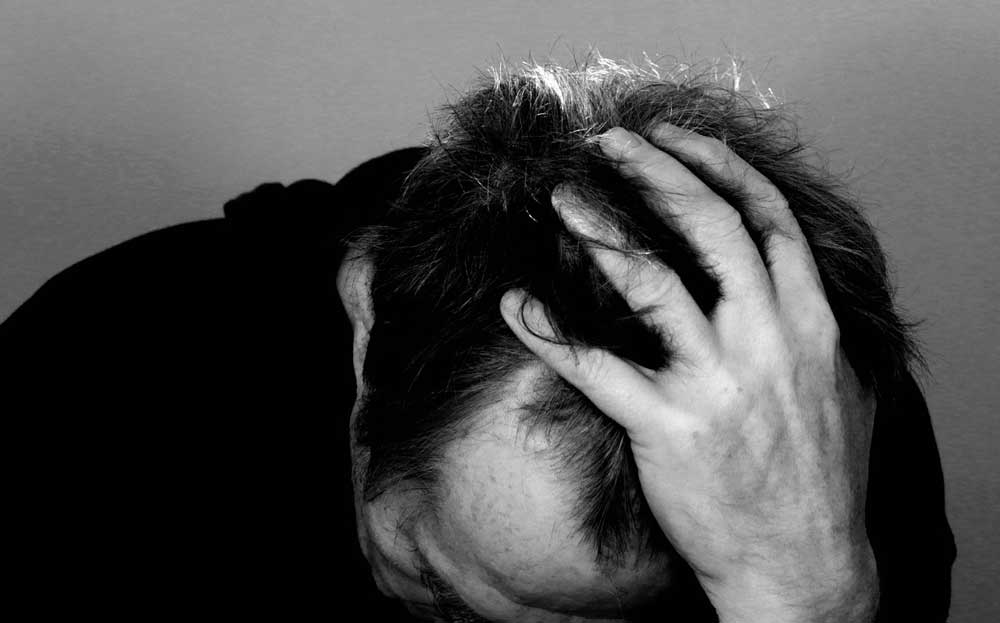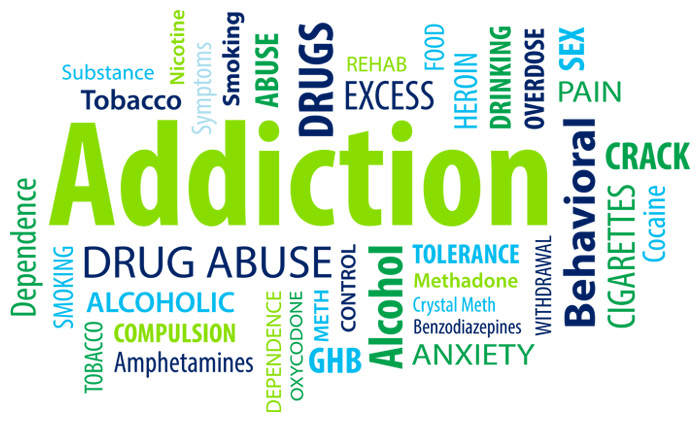Keeping addiction behind you objectively

Keeping addiction behind you objectively with constant practicing of healthy living
Keeping addiction behind you objectively: Build a meaningful drug free life
You can support your drug treatment and protect yourself from relapse by having activities and interests that provide meaning to your life. It’s important to be involved in things that you enjoy and make you feel needed. When your life is filled with rewarding activities and a sense of purpose, your addiction will lose its appeal.
Pick up a new hobby. Do things that challenge your creativity and spark your imagination, something you’ve always wanted to try.
Adopt a pet. Yes, pets are a responsibility, but caring for an animal makes you feel loved and needed. Pets can also get you out of the house for exercise.
Get involved in your community. Replace your addiction with drug-free groups and activities. Volunteer, become active in your church or faith community, or join a local club or neighborhood group.
Set meaningful goals. Having goals to work toward and something to look forward to can be powerful antidotes to drug addiction. It doesn’t matter what the goals are whether they involve your career, your personal life, or your health, just ensure that they are important to you.
Look after your health. Regular exercise, adequate sleep, and healthy eating habits help you keep your energy levels up and your stress levels down. When you feel good, drugs are much less of a temptation. The more you can do to stay healthy, the easier it will be to stay sober.
Keeping addiction behind you objectively: Don’t let relapse keep you down
Relapse is a common part of the recovery process from drug addiction. While relapse is understandably frustrating and discouraging, it can also be an opportunity to learn from your mistakes and correct your treatment course.
Various “triggers” can put people at risk of relapsing into old patterns of substance use. Causes of relapse can differ for each person. Some common ones include:
- negative emotional states (such as anger, sadness, trauma or stress)
- physical discomfort (such as withdrawal symptoms or physical pain)
- positive emotional states (wanting to feel even better)
- testing personal control (“I can have just one drink”)
- strong temptations or urges (cravings to use)
- conflict with others (such as an argument with a spouse or partner)
- social pressures to use (situations where it seems as though everyone else is drinking or using other drugs)
- good times with others (such as having fun with friends or family)
The important thing to remember is that relapse doesn’t mean treatment failure. Rather than giving up, get back on the wagon as quickly as you can. Call your sponsor, talk to your therapist, go to a meeting, or schedule an appointment with your doctor. When you’re sober again and out of danger, look at what triggered the relapse, what went wrong, and what you could have done differently. You can choose to get back on the path to recovery and use the experience to strengthen your commitment.
Keeping addiction behind you objectively: Build a meaningful drug free life
http://www.integrativeaddictionconference.com/wp-admin





